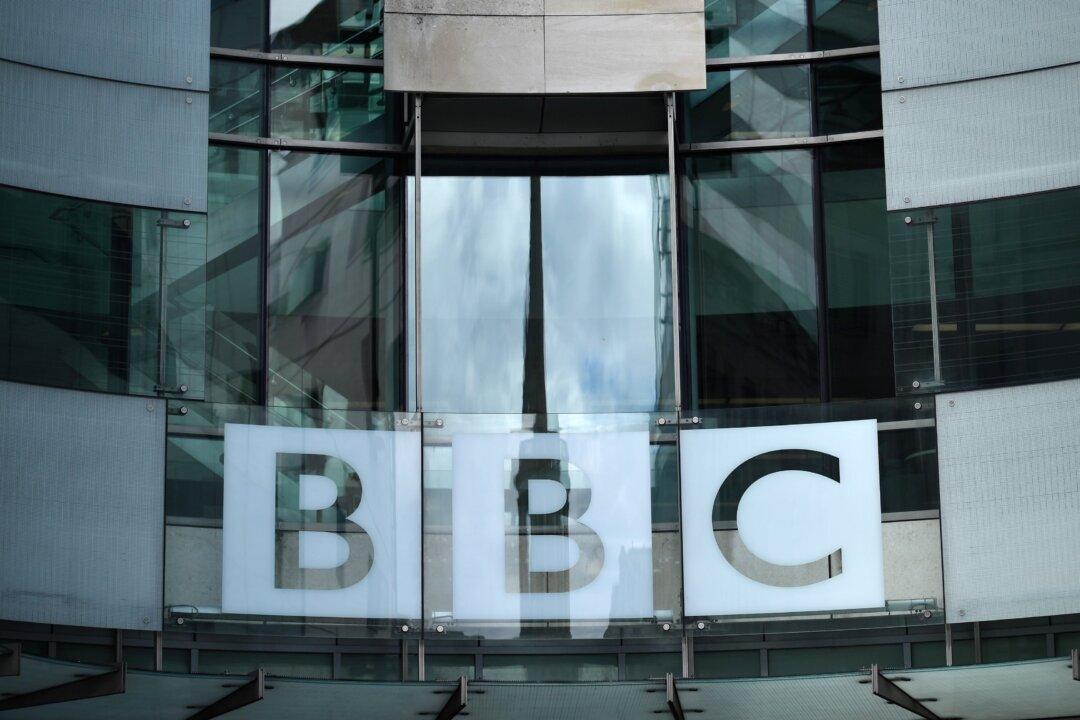Criminal sanctions against TV licence evasion are recognised as being “increasingly disproportionate and unfair,” the UK government said on Thursday in response to a public consultation on the matter.
However, the Department for Digital, Culture, Media & Sport said that decriminalising licence evasion is “problematic,” so it “remains under consideration.”





